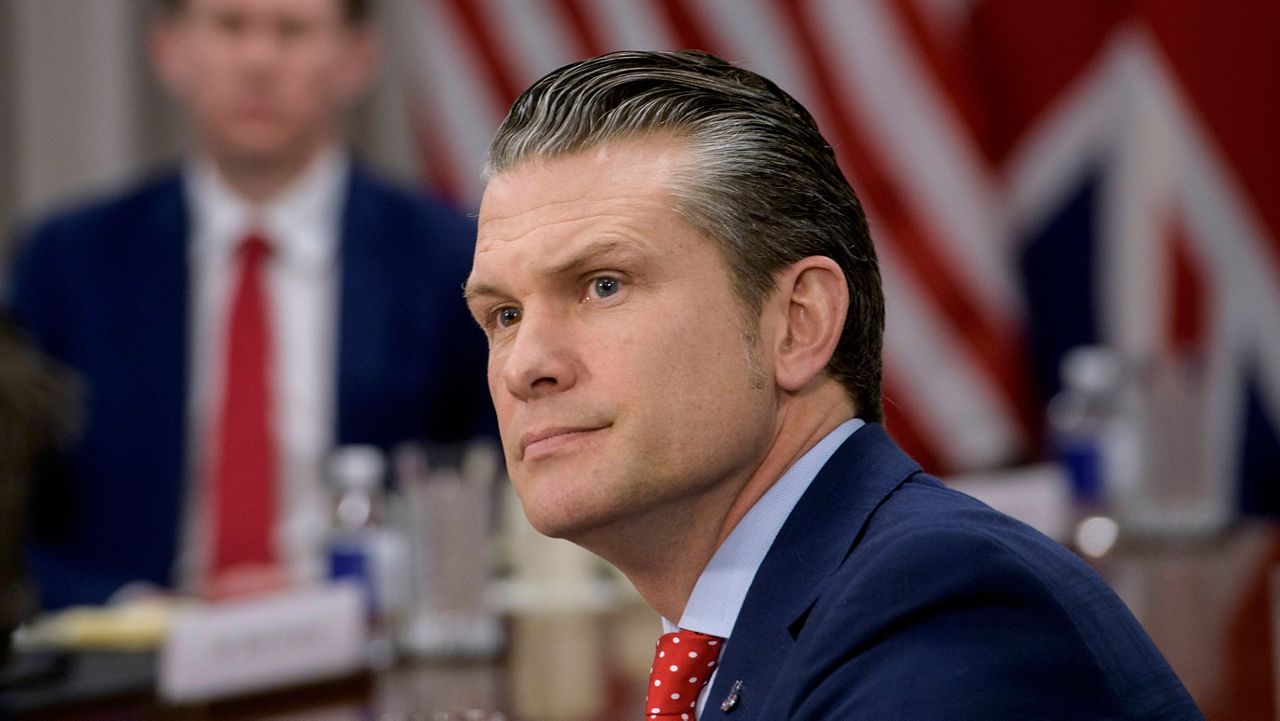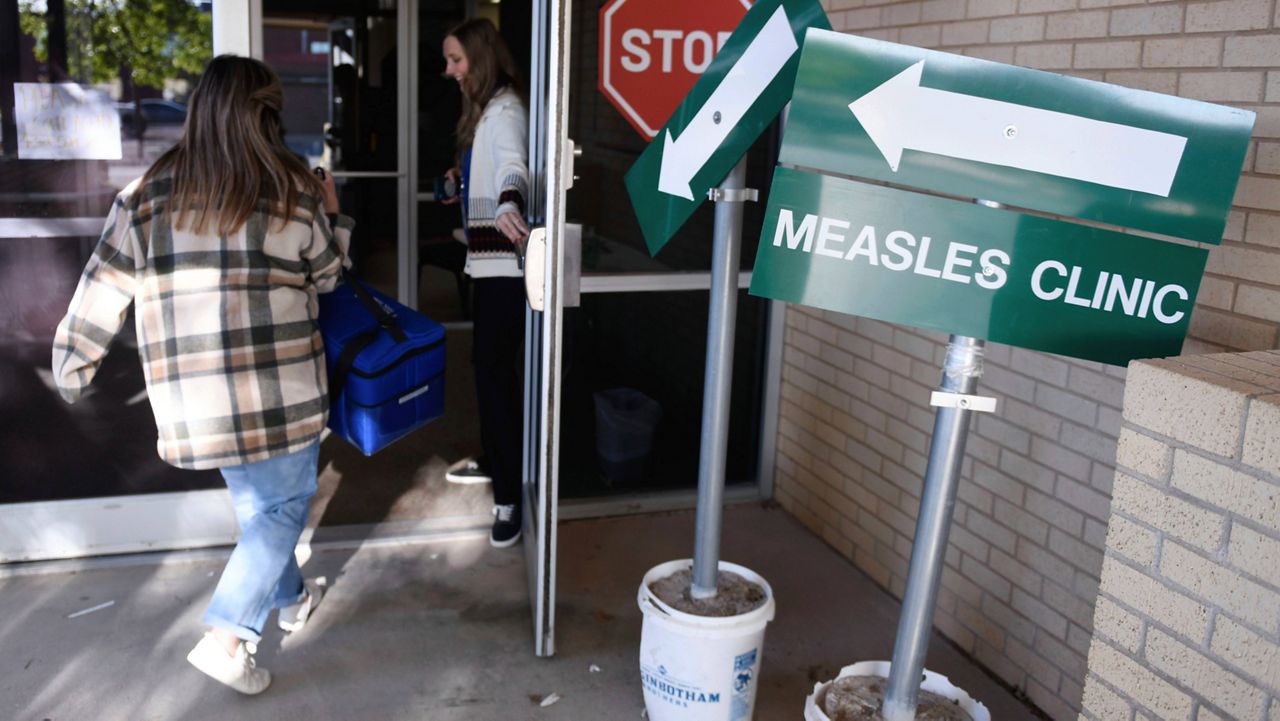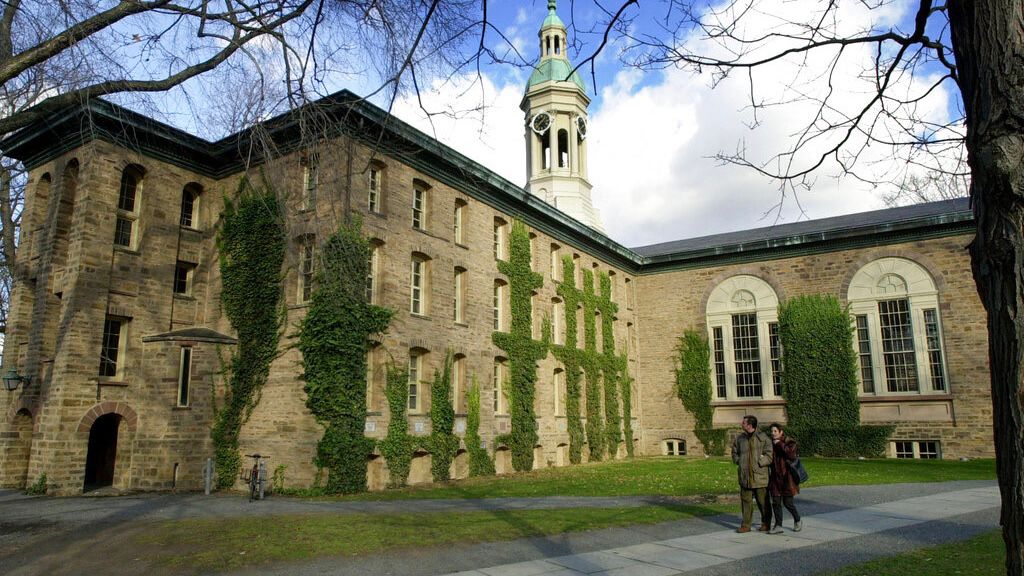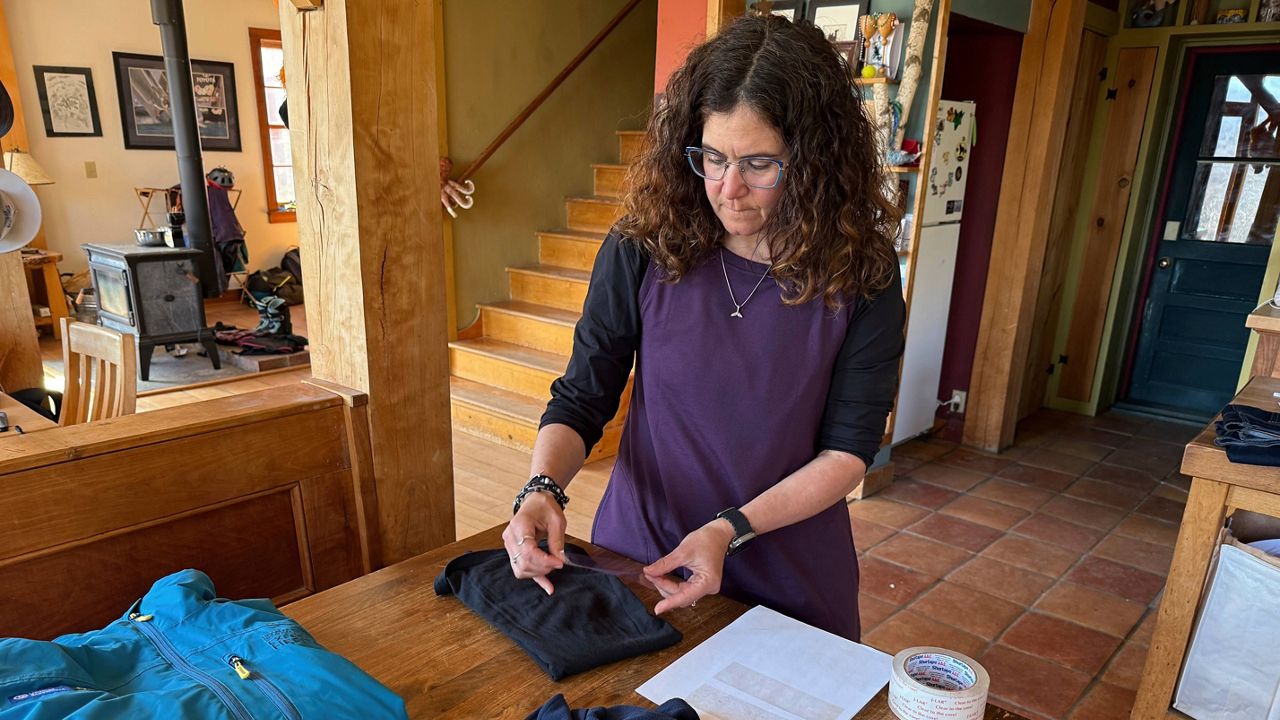AZUSA, Calif. — Before ever stepping on a college campus, some Azusa High School students are getting a glimpse into their future in the medical field.
Students enrolled in the NAF Academy Health Sciences program within Azusa High School are getting a head start, spending all four years having hands-on training in and out of the classroom.
It is an effort led by NAF, a national education nonprofit that embeds career-focused academies within schools nationwide.
The organization connected with Azusa High School to address the community’s lack of health care workers by preparing the next generation of local students to enter the field.
Students are learning to take vitals, administer vaccines, cast and more. Their regular curriculum classes, such as science and math, are also taught from a health care lens.
The immersive learning approach extends outside the school walls, reaching local hospitals and senior care centers. These partners offer paid internships to students in the program.
This allows the students to see firsthand what their future job can look like and helps create the connections and experience needed to secure a job.
It’s an important component missing from traditional education programs, where students from low-income communities have not usually had access to these opportunities.
For junior Luz Maria Gonzalez, the opportunity to get this hands-on training while still in high school also has confirmed her desire to become a NICU nurse, and she now has her goals set on attending UCLA.
Like her, most of the students in her class would be the first in their families to attend college, which is also a significant drive for them.
“I would really like to put my mom in a better financial place and I feel like she definitely deserves it,” Gonzalez said.
It is an equal parts achievement and pressure that isn’t lost on these students. However, student Iilene Meza said the work is bigger than her.
“Because I would like to be part of the representation of being part of the medical field,” Meza said.
According to a study from the UCLA Latino Policy and Politics Institute, despite making up 19% of the United States population, Latinos make up nearly 9% of physicians.
In California, where Latinos make up nearly 40% of the population, about 6% of physicians are Latino and less than 3% are Latina physicians.
It’s why Medical Academy Lead Jennie Aguirre says this program hopes to help bridge this gap.
“Because we’re about 95% Latinos in this school. I felt that giving them those opportunities that a lot of students may not get it in other schools, other districts was going to be a good thing for our community. Keep them within our community,” Aguirre said.
She said it helps when doctors can go into communities, speak the patient’s language, and have a cultural understanding of who they are treating.
“I feel that the ripple effect that we’re that we’re trying to get is that we continue on having more and more Latinos in the industry,” Aguirre said.
Given the competitive nature of the industry, she said the experience they get in class and their required internship allows them to build a resume and get into these medical programs.
“They are able to get their hands on pretty much everything they’re going to experience in a medical office at a high school level. We start off with freshmen. Freshmen are in our intro to health occupations, but even in there today, they’re casting. Tomorrow, they’ll be testing urine. So there’s just a lot of different aspects, a lot of different modules, a lot of different lessons,” Aguirre said.
Even dressing the part, as students wear scrubs to class, makes a difference.
“I feel so proud to have these scrubs. When it’s my scrubs day, I just feel so proud of myself because I’m like, wow I’m making my dream come true,” said Meza, a junior.













